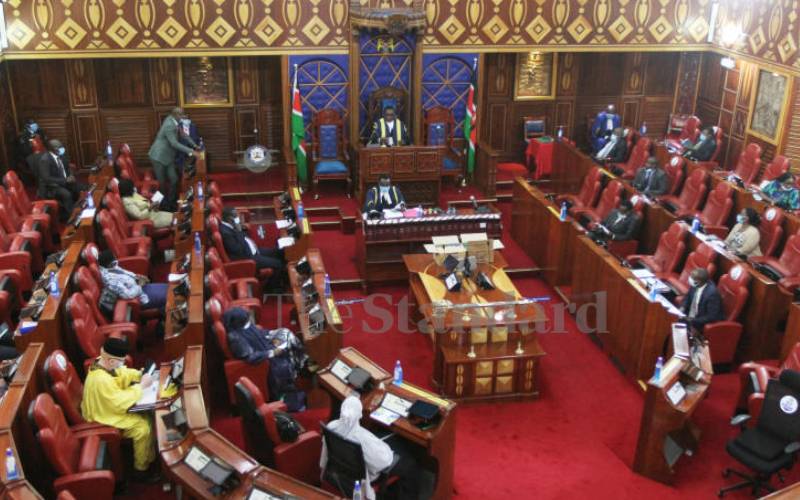×
The Standard e-Paper
Fearless, Trusted News

Impeachments, the clamour for relevance, clashes with the National Assembly, and the passage of critical legislation have defined the tenure of the Third Senate that adjourned yesterday.
As curtains fell after a rollercoaster five-year term, senators, led by Speaker Ken Lusaka, outlined their scorecard on accomplishments and challenges.